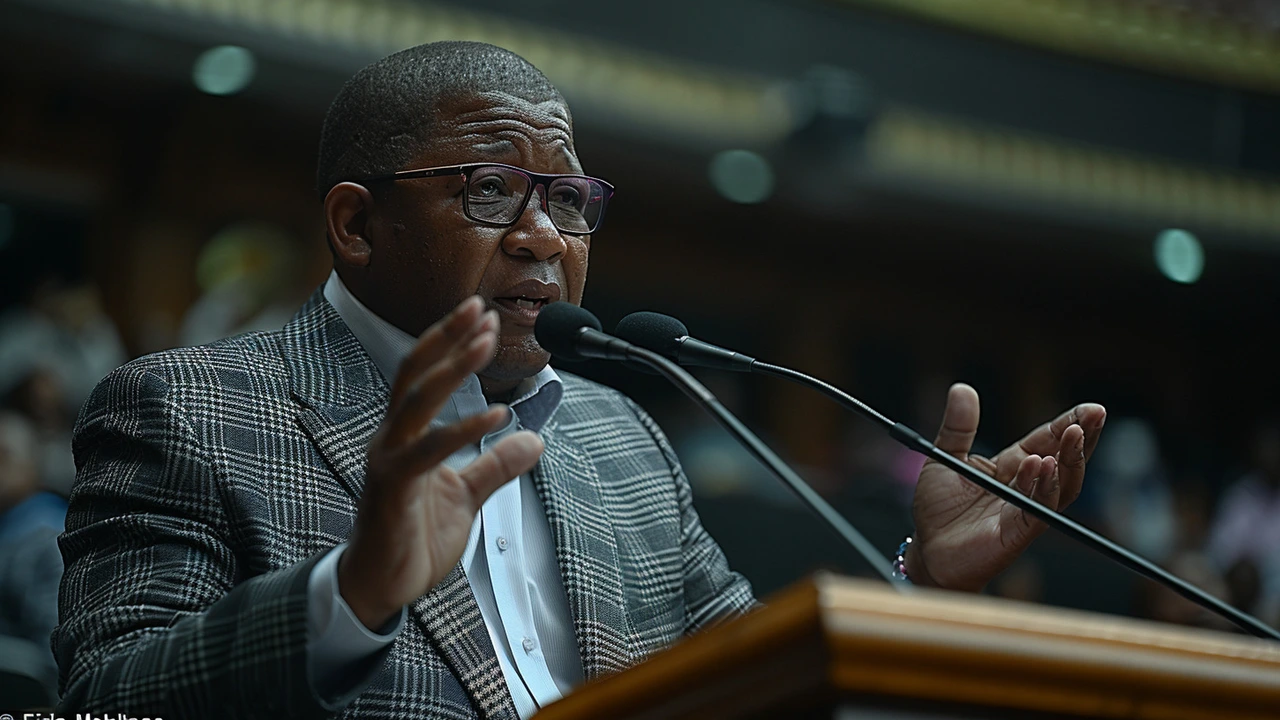Private prosecution: what it is and how you can use it
Ever heard of a private prosecution and wondered if you could actually start one? It’s basically when a person or a group files a criminal case on their own instead of waiting for the state to act. This tool lets ordinary people chase justice when the public prosecutor won’t or can’t.
When to consider a private prosecution
If you’ve been a victim of a crime and the police say there’s not enough evidence, or the prosecutor decides the case isn’t worth pursuing, a private prosecution can be a lifeline. It’s also useful in places where corruption or political pressure slows down official investigations. In many African countries, the law allows private individuals to file criminal charges, though the exact rules differ from nation to nation.
Typical scenarios include fraud that hurt a small business, environmental damage caused by a corporation, or a serious assault where the state has dropped the case. Before you jump in, check whether the offence is one you’re allowed to prosecute privately – not all crimes are open for private action.
Steps to start a private prosecution
1. Find out the legal basis – Look up the criminal code of your country to see if the offence can be privately prosecuted. Some jurisdictions require you to get a court order first.
2. Gather evidence – You’ll need statements, documents, photos, or anything that backs up your claim. The stronger the evidence, the more likely a court will let the case move forward.
3. Hire legal help – A lawyer who knows private prosecutions can draft the necessary paperwork and represent you in court. In many places, you can get a pro‑bono lawyer if you can’t afford one.
4. File the charge – Submit a formal complaint to the appropriate court, outlining the offence, the facts, and the evidence. The court will decide if there’s enough merit to proceed.
5. Prepare for defence challenges – The accused will likely fight the case, so be ready for hearings, cross‑examinations, and possibly settlement talks.
6. Stay on top of costs – Unlike a public case, you’ll cover court fees, lawyer fees, and other expenses. Some NGOs or legal aid groups can help with funding.
Throughout the process, keep records of every step. Transparency helps the court see you’re serious and not just filing a frivolous case.
Private prosecutions aren’t a silver bullet, but they can bring accountability when the system stalls. They send a message that ordinary citizens won’t sit back while wrongdoing goes unchecked.
Remember, the goal isn’t just punishment – it’s also about deterrence. When people see that individuals can take legal action, it can stop future crimes. If you think a private prosecution could help your situation, start by talking to a local lawyer who knows the courtroom rules in your country.
AfriForum has taken legal steps against ANC Secretary-General Fikile Mbalula, acquiring the case docket linked to his 2016 family holiday in Dubai. The group's private prosecution unit aims to charge Mbalula with corruption, alleging payment irregularities by a technical supplier. The National Prosecuting Authority had previously chosen not to prosecute due to insufficient evidence.
More
